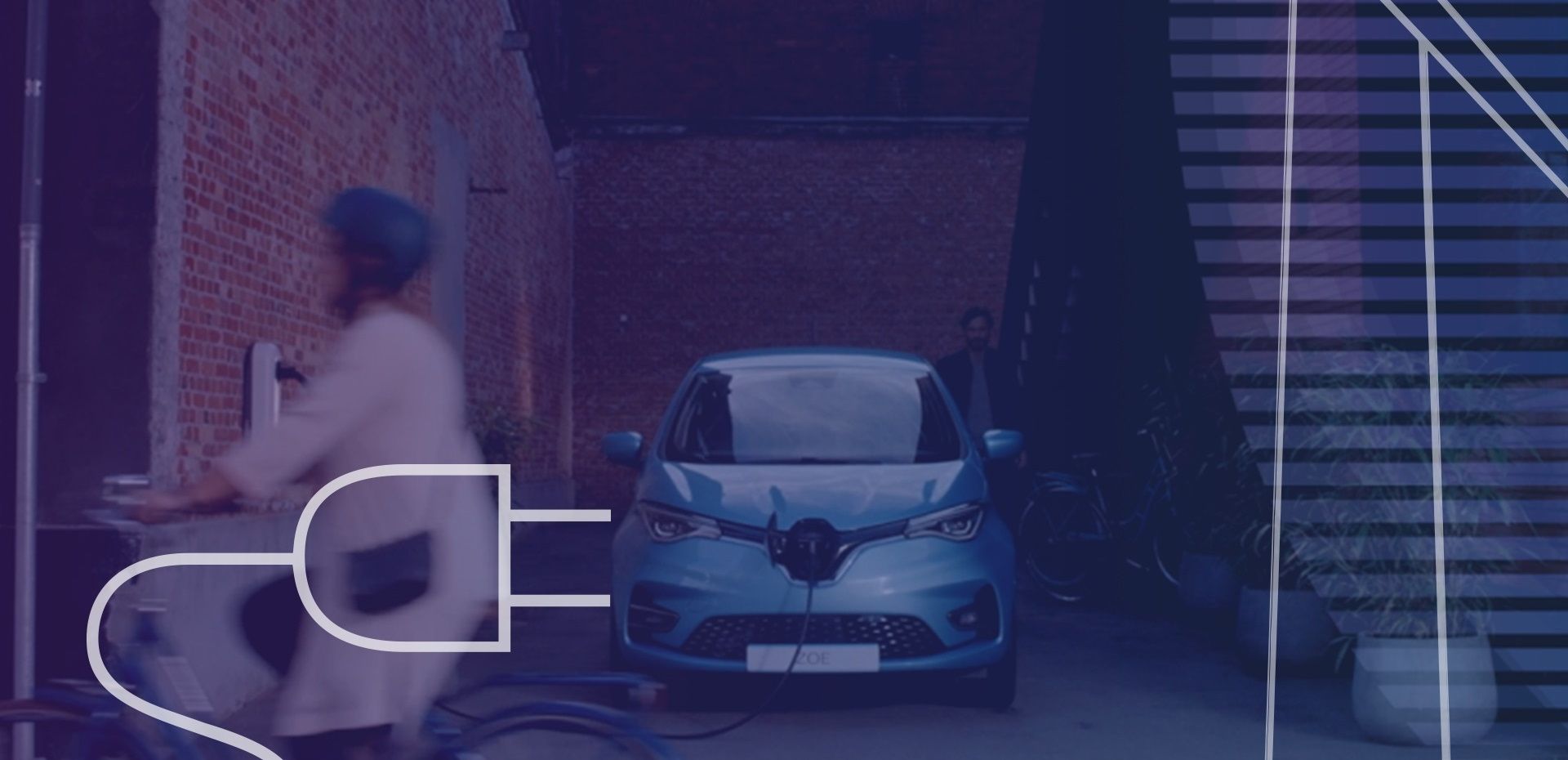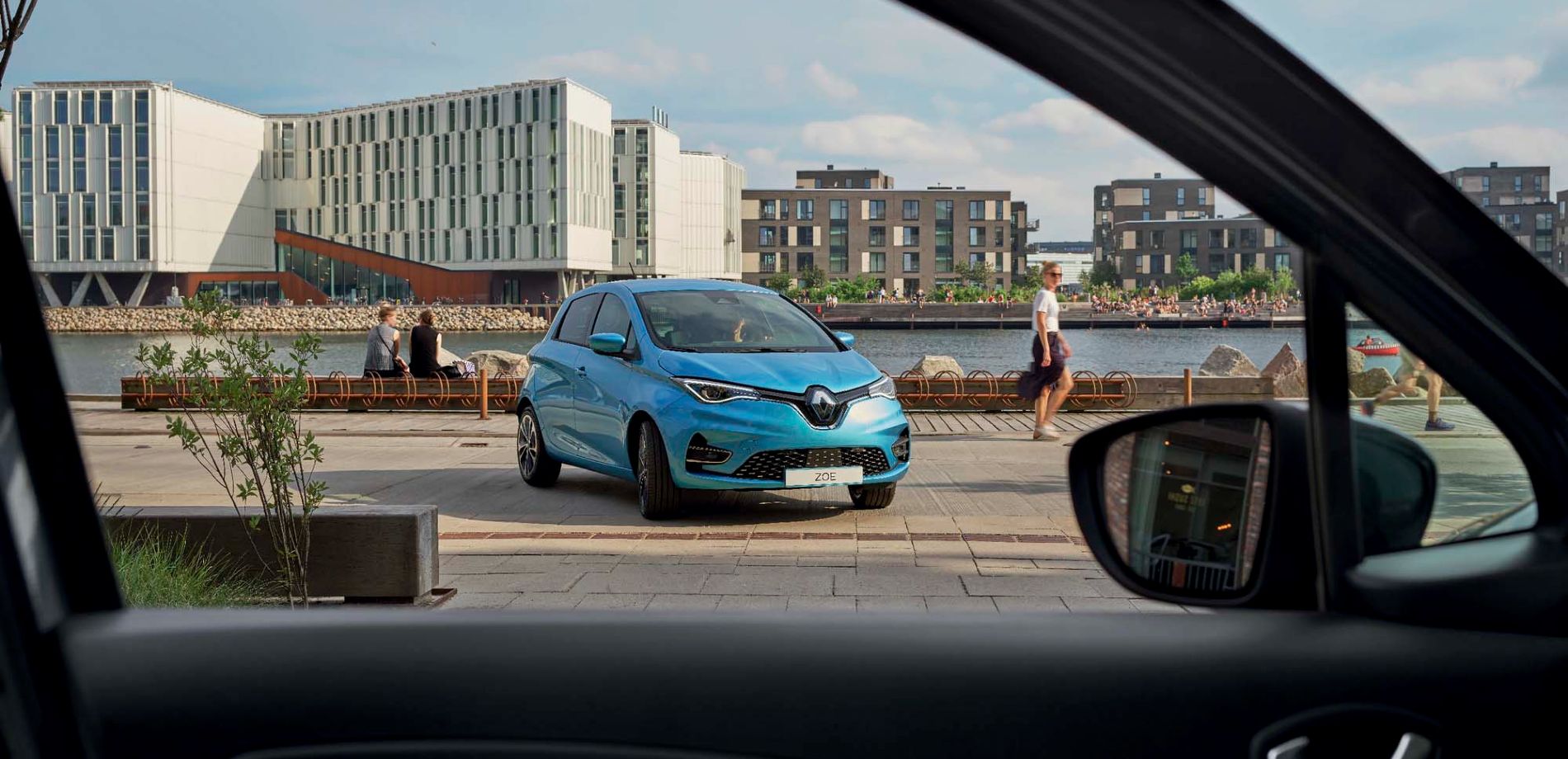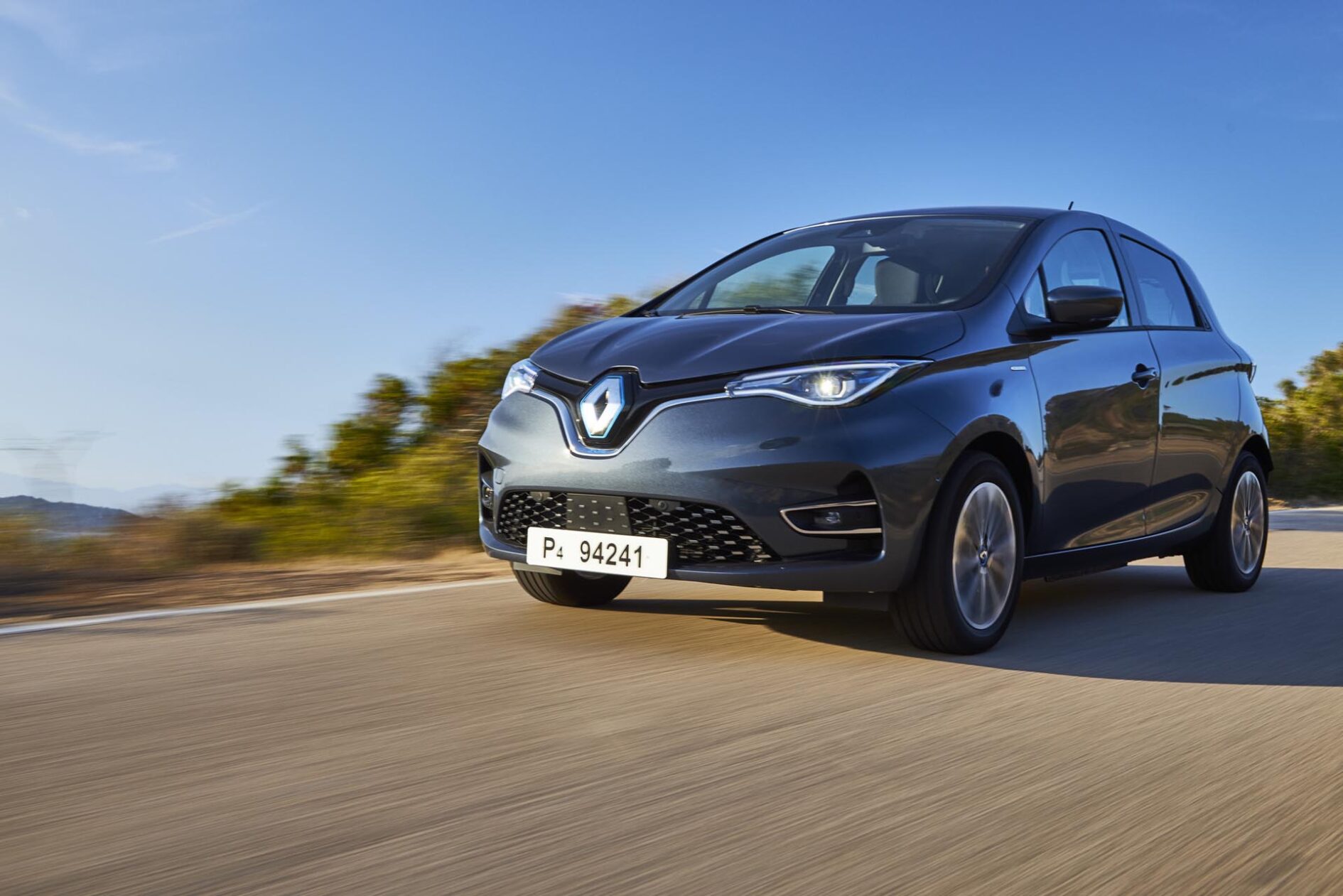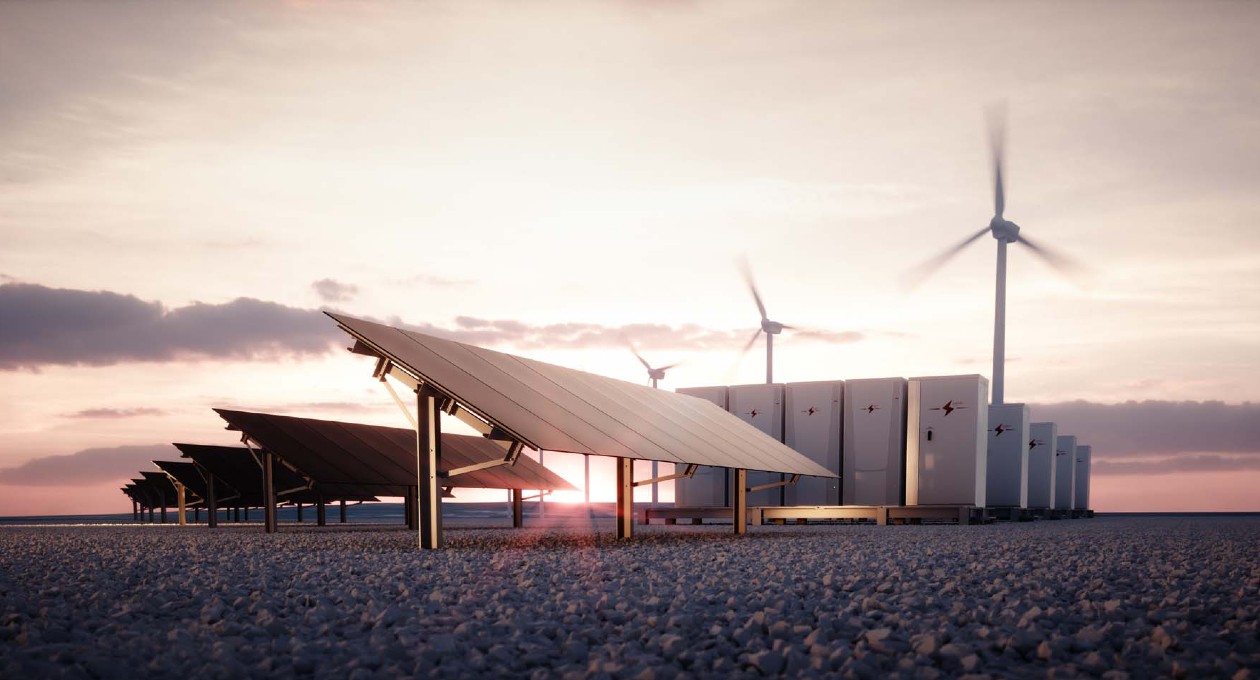

To gain a better understanding of Europeans’ views regarding electric mobility, Groupe Renault commissioned Ipsos to carry out a survey on the matter. The poll results notably reveal that fewer than one in ten Europeans claim to know all about electric cars, and even fewer about hybrid vehicles and plug-in hybrids. Rather than to push for further technological advances, considerable efforts need to be made to inform and convert Europeans, who remain sceptical. EasyElectricLife exists to inform and answer questions in this regard.
Massive support for electrification
In all the countries surveyed – France, Germany, Italy, Spain and the United Kingdom – the poll leans largely in favour of a greater offer in hybrid and electric vehicles over the next ten years. Eight in 10 Europeans are strongly in support, and for nearly one in two Europeans it is a priority. Far from being seen as a passing fad, the transition to electric and hybrid vehicles comes with high expectations. According to the study, 54% of those questioned are impatient with the transition, which they feel is happening too slowly.
Europeans, for whom environmental impact is a major concern, are enthusiastic about electric and hybrid vehicles and convinced that they will help limit their carbon footprint and contribute to fighting climate change as well as to lowering pollution levels. Based on this perception, 38% state that they are ready to move quickly to electric vehicles. The trend is even stronger for hybrid vehicles, with 47% stating that their next car will possibly be a hybrid.
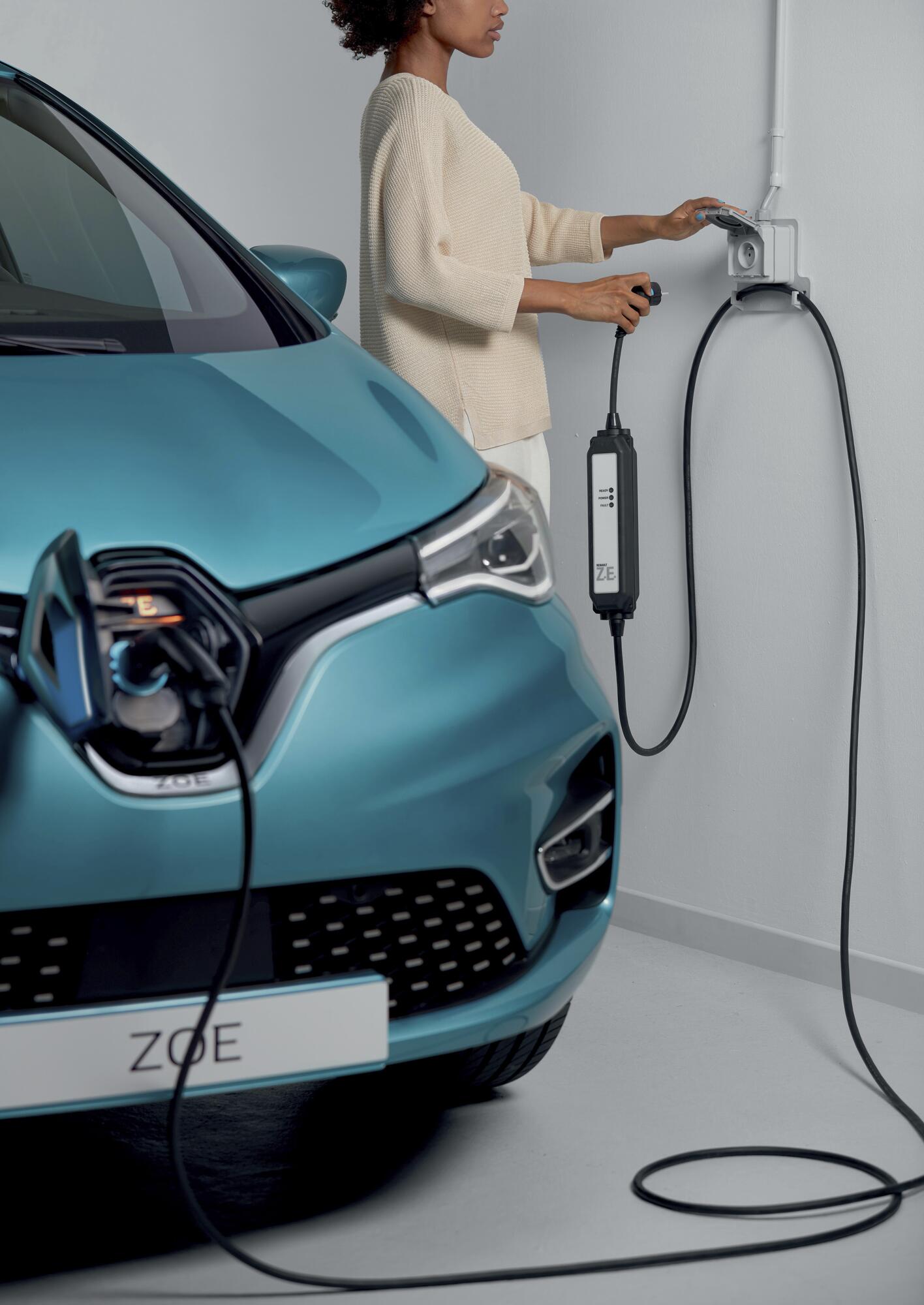
Few have real experience with electric and hybrid
While Europeans express a growing preference for electric and hybrid vehicles, it comes despite any real experience behind the wheel. Indeed, the Ipsos study tells us that 76% of Europeans have never driven either an electric or a hybrid car, and 68% or Europeans are unaware that the maintenance costs of an electric vehicle are actually less than those of an internal combustion engine vehicle: electric vehicles have no fan belts, exhaust or other purely mechanical elements, have less wear on the brake pads thanks to regenerative braking during deceleration, suffer less wear and therefore require less maintenance. Major innovations, such as remote programming of vehicle recharging, remain largely unknown to the general public.
Some of the problems identified by those surveyed are already met by existing solutions: 70% of respondents are simply unaware of charging options for electric and plug-in hybrid vehicles that exist nearby or even at their home.
Such long-held assumptions about electric and hybrid cars are still holding many people back, even though most Europeans travel relatively short distances, making their daily usage ideally suited to electrification. According to the survey, Europeans drive on average 34 kilometres per day, with 79% of drivers travelling less than 50 kilometres per day. This usage is ideally suited to electric cars. Twingo Electric and ZOE, with their WLTP* ranges of 190 and 395 kilometres respectively, are perfect fits for daily commuting, requiring only a single charge per week on average. In spite of this, European motorists would still like to see improvements in battery autonomy and further innovations to reduce charging time, though 66% of respondents who hold a driving license already foresee themselves purchasing an electric vehicle in the near future.
More affordable electric cars
For the switch to electric and hybrid to really take off, it seems that budget is the limiting factor for Europeans eager to buy an eco-friendlier car: 62% of Europeans feel that the top priority for manufacturers should be to focus efforts on offering more affordable vehicles, while 43% state that they would be encouraged to buy an electric or hybrid vehicle to reduce their fuel costs. Furthermore, according to the study, 26% expect car manufacturers to pressure public authorities to support electric or hybrid vehicles through tax exemptions.
Renault ZOE and Twingo Electric already provide a mainstream, affordable offer on the EV-market. In addition, potential customers will be delighted to learn that Dacia is planning to make electric mobility even more accessible in 2021, having announced the arrival of Dacia Spring, a 100% electric city car that is versatile, practical and economical both to buy and use.
Climate change remains a central concern
The Ipsos survey was carried out in August following the first Covid pandemic lockdown. While the majority of Europeans predictably put Covid-19 at the top of their list of concerns and in spite of the uncertain socio-economic context, climate change came in second place with 33% of responses, ahead of the health system, employment and even issues of poverty and inequality. During the first lockdown, 56% of respondents stated that they had witnessed a reduction in pollution in their environment. This breath of fresh air may have helped to bolster environmental consciousness, with many feeling that the way out of the crisis should not translate into a backwards step for the environment. As Groupe Renault continues to move swiftly in eliminating the remaining barriers to a more widespread adoption of electrification, the eco-friendly mobility future that Europeans want to see may be closer than they think.
Ipsos study for Groupe Renault carried out on a sample of 5,000 people (1,000 per country) from France, Germany, Italy, Spain and the United Kingdom aged 18 and over, from August 12th to 21st 2020. The representativeness of the sample is ensured by the quota method applied to the following variables: gender, age, and region ( Eurostat data – 2018).
*WLTP range, Worldwide Harmonized Light Vehicles Test Procedure (standard cycle: 57% urban driving, 25% suburban driving and 18% highway driving.)
